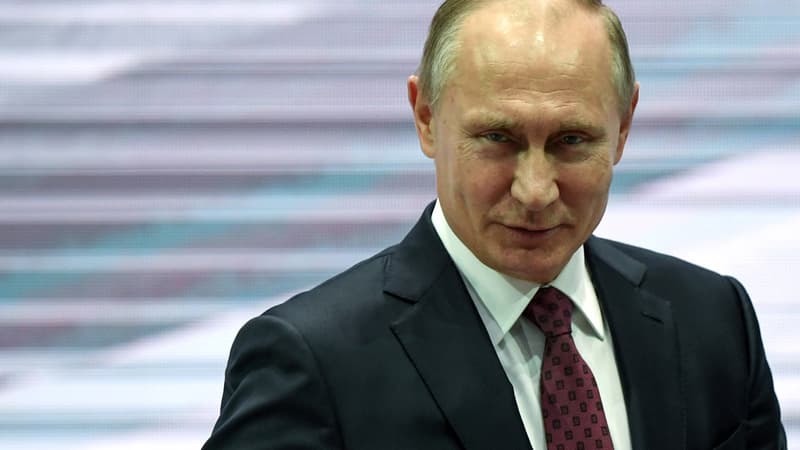Full employment claimed, falling inflation, weaker-than-expected recession forecasts: Russian economy is showing resilience thanks to energy windfalls and despite sanctions, but long-term challenges remain manifold .
According to a revised IMF forecast on Tuesday, Russian GDP is expected to contract by 3.4% in 2022, a far cry from international predictions of the end of the world in March, in the wake of the military intervention in Ukraine. The institution also pointed out in a report “the resistance of crude oil exports and domestic demand with greater support from fiscal and monetary policies and a restoration of confidence in the financial system.”
An unemployment rate of less than 4%
President Vladimir Putin had already boasted in September to Russian economic decision makers of “a situation that is normalizing”, “the peak” of the difficulties in his eyes “passed”. According to him, this is reflected in particular in “an unemployment rate at its lowest level”, 3.8%, and in “falling inflation”, 13.7% in one year, after having beaten records in spring after the first international sanctions.
“We can estimate that the impact of the first sanctions has passed, in particular the effects on the financial sector,” acknowledges Elina Ribakova, deputy chief economist of the Association of the world’s leading banks and financial institutions (IIF).
Closer relationship with China
The diplomatic and economic gap with the West has accelerated Russia’s rapprochement with China, its energy-hungry neighbor with whom it shares a border of more than 4,000 km. Faced with a European market that is now practically unreachable, “companies are forced to look for alternatives in other markets, particularly in Asia and Turkey,” observes Natalia Zubarevich, an economist at Moscow State University.
Moscow and Beijing have already announced that they want to pay for their gas contracts in rubles and yuan, a victory for Russia, launched in a race to “de-dollarize” its economy. OPEC+’s announcement last week of its desire to slash its oil production, much to the chagrin of Washington, was also applauded with both hands in Moscow, which stands to benefit from a rise in black gold prices. And the difficulties encountered by the Europeans and the G7 to put a cap on the price of Russian oil – neither China nor India seem to want to subscribe to it – have also driven the clouds from the skies of Moscow.
Mid-staff car production
But structurally, the Russian economy will only find itself more dependent on energy windfalls, while high-value-added sectors will further lag. The increased isolation from international markets is likely to be a burden for those who are more technologically dependent on foreign countries, because the promises of Russian alternative products are still very theoretical, when Russia cannot boast giants like Adobe, Microsoft or Apple.
Another striking example: a lack of parts needed for assembly has plagued car production. In mid-September, the Japanese manufacturer Toyota closed its assembly plant in St. Petersburg (northwest), due to a lack of electronic components.
Therefore, Russia has decided to lower environmental and safety standards for vehicles produced in the country. Come back, then.
further technological backwardness
In a Russian Industry and Trade Ministry working document, the contents of which were leaked to the Russian press, officials recently expressed alarm at a “10 to 15 year” lag in the Russian tech industry, a “dependence” on foreign production and labor shortages.
Another cause for concern: the European embargo on Russian oil, set for December 5, before that of refined products in February 2023, has not yet affected the Russian economy, which depends especially on hydrocarbons. Between January and August 2022, more than 40% of federal revenue came from the sale of oil and gas, according to the Russian Ministry of Finance.
Source: BFM TV


